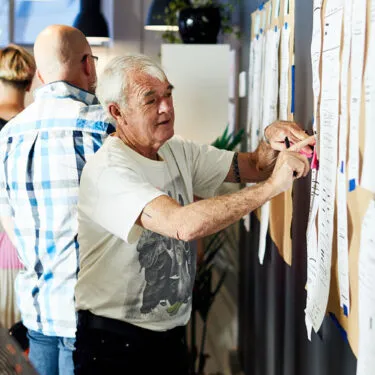Safe and supportive access to a Working with Children Check for First Nations people.
In partnership with NSW Government (Office of the Children’s Guardian)
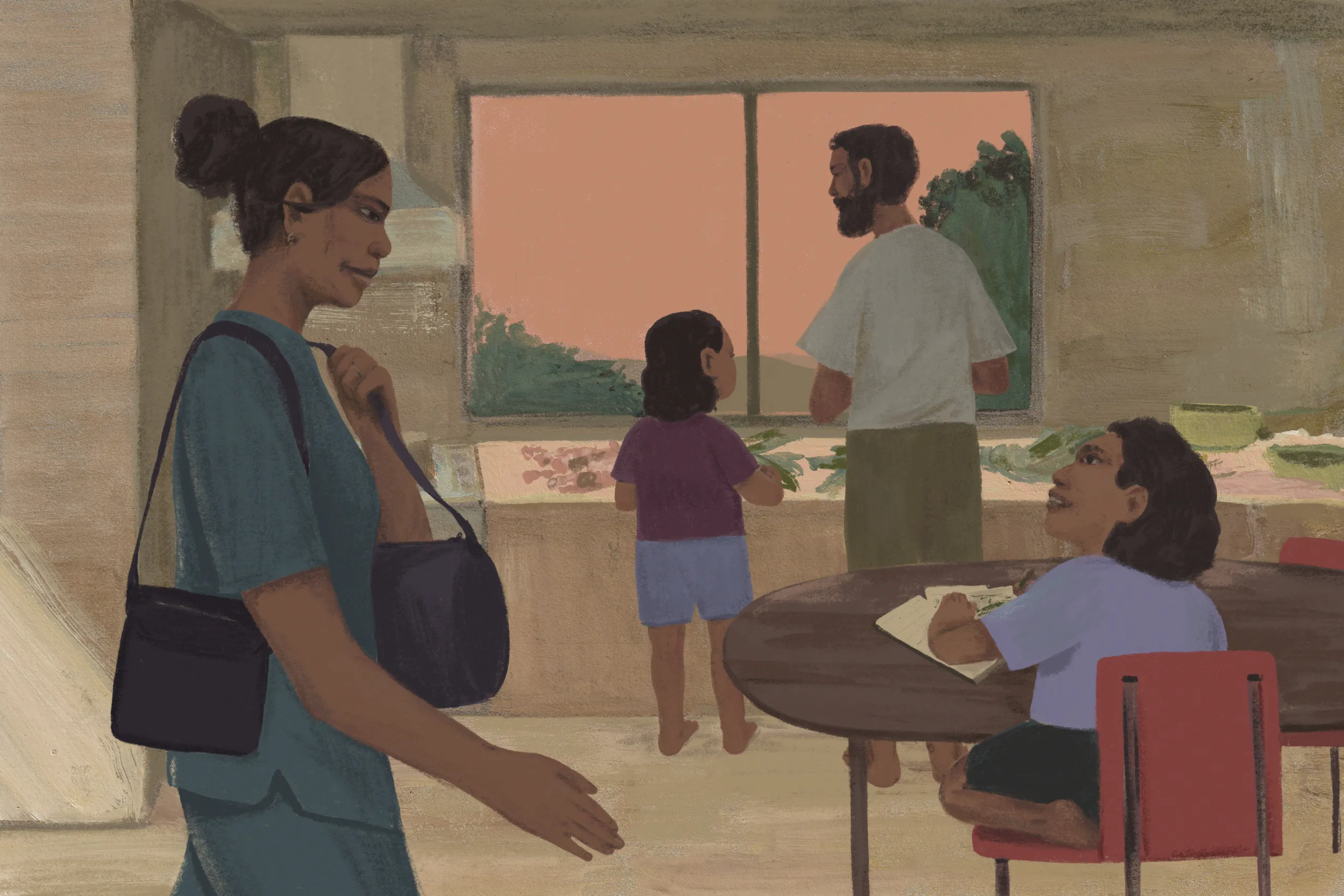
Yesterday
Aboriginal and Torres Strait Islander peoples are massively over-represented within basic social, economic and health indicators; with large over-representation in Australia’s justice, child-protection and health systems.
Many of these challenges can be solved through the ability to work and to look after family. However, a large number of employment opportunities require applicants to have completed a Working with Children Check (WWCC).
The Office of the Children's Guardian (OCG) identified that a tiny proportion of First Nations Peoples were accessing the WWCC.
Our challenge was to work with OCG to demystify the WWCC from a First Nations perspective. This involved addressing the misconception and fear that applying for a WWCC, and its accompanying evaluation process, might lead to jail for the applicant or having their children removed from their care.
As much as the brief was around service design, a large part of our creative thinking focused on building trust and debunking long-held, and justified, beliefs.
Things like that when you're in the community make you more scared to go and put your name out there and apply and be assessed.
Participant
Today
Through one-on-one interviews with First Nations communities we began to better understand the complexities around accessing a WWCC. These ranged from logistics to technology use; psychological trauma to cultural discrimination; right through to the absence of empowerment.
We first worked to understand how the process of a WWCC works for First Nations People and held key stakeholder workshops to identify strategic goals of the project.
Together with the OCG we mapped the WWCC experience to identify barriers, pain-points, strengths and opportunities as to how the service could be improved for First Nations applicants.
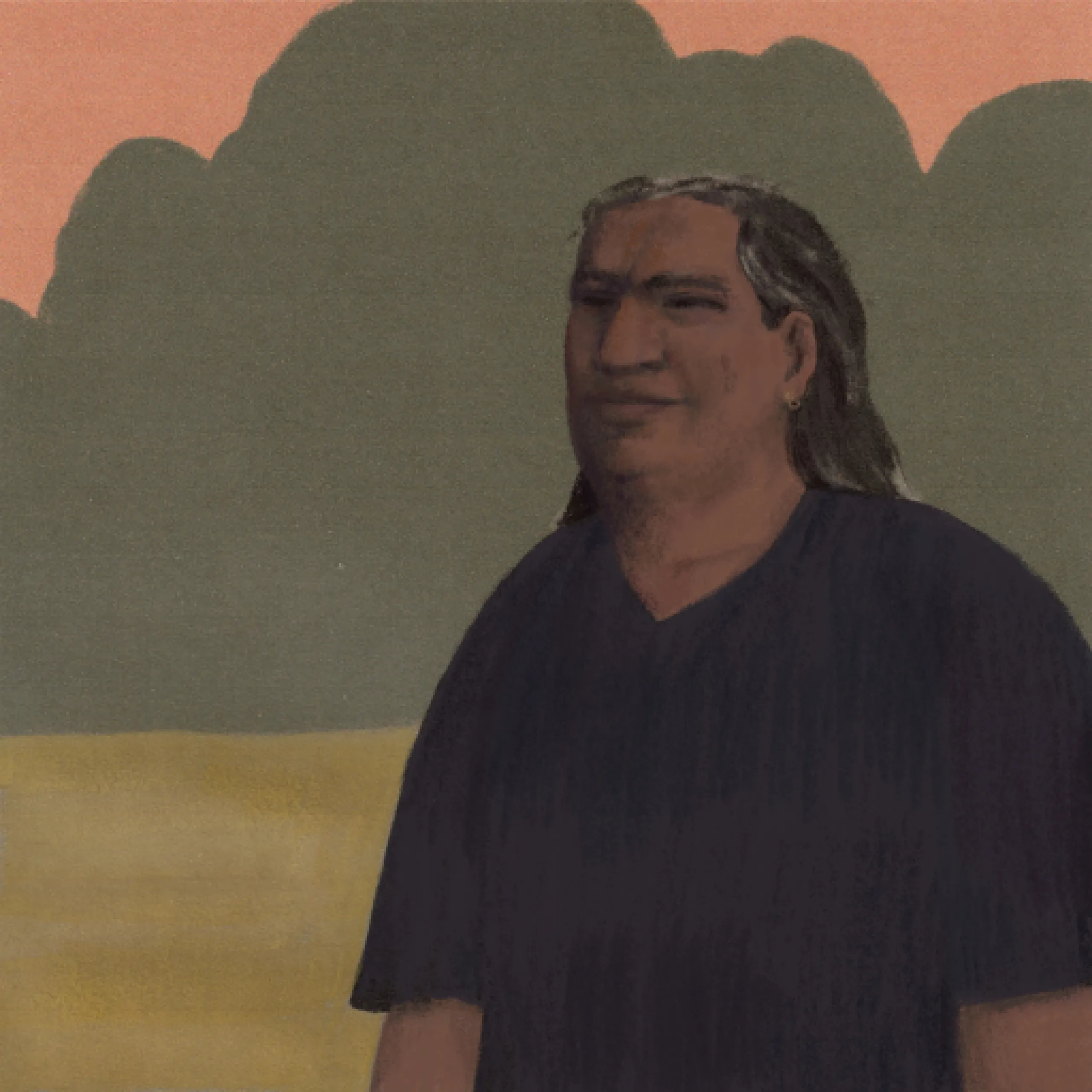
For black people and the government it's a struggle, it's been a struggle since day one and for us to go through all this bullshit to prove that I'm a changed man, it's annoying.
Participant
Tomorrow
We designed a process that supports Aboriginal and Torres Strait Islander peoples to obtain a WWCC and deliver better outcomes for themselves and their families.
Our solution has been successfully implemented by the Office of the Children’s Guardian across NSW. This specific check is increasing people’s access to work and services, and—critically—ensuring that more First Nations children are being cared for within their own communities.
Working with our traditional custodians, this solution is a key tool in ‘closing the gap’ and actively building reconciliation by providing culturally appropriate support for every Australian.
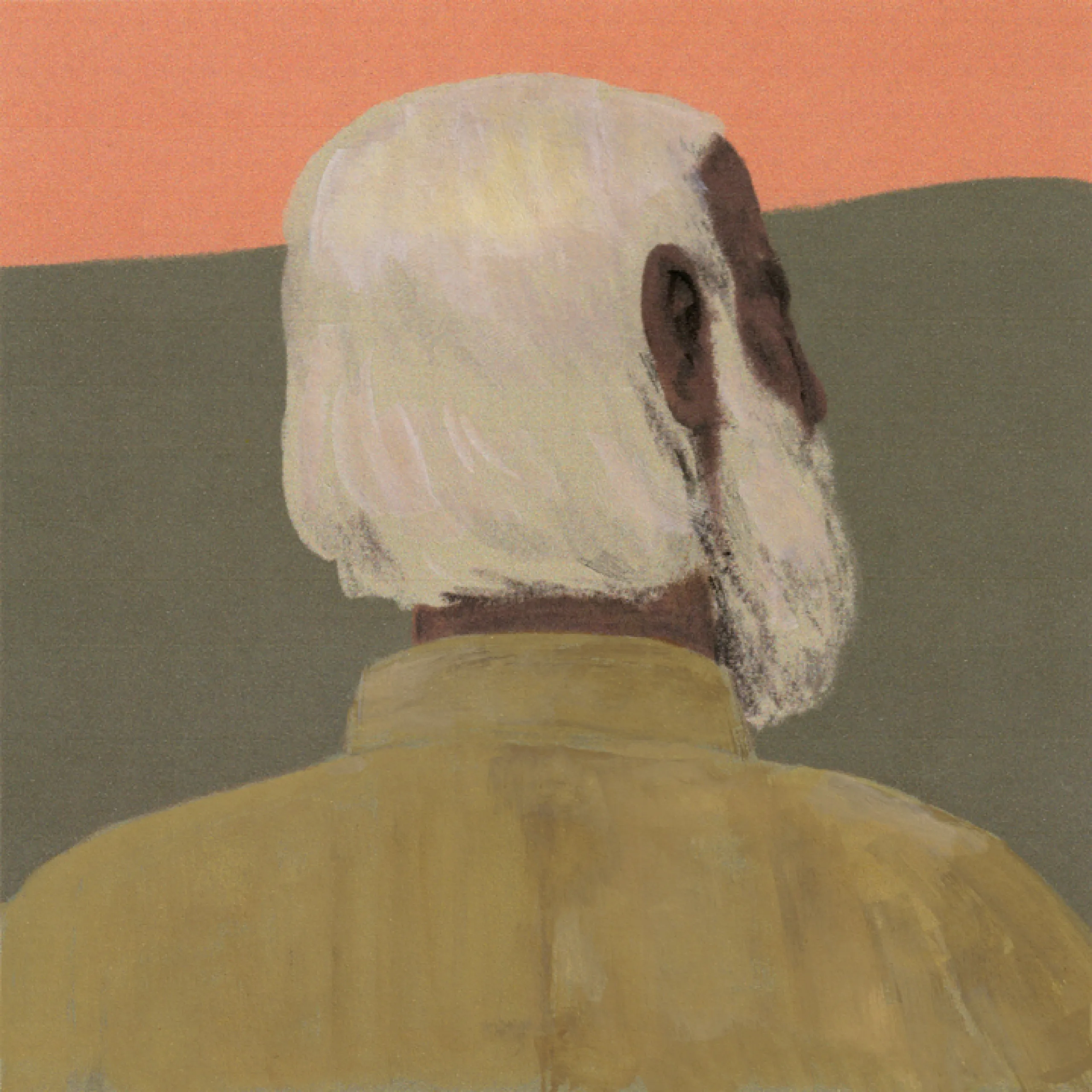
We worked to make a WWCC that was more accessible for First Nations applicants so that families and communities could access better service, employment and support family connections in a culturally appropriate way. Throughout the project’s four phases, we followed cultural protocols to ensure respectful relationships, such as asking for elder approval to come on-country and to do the project. We worked shoulder-to-shoulder with the First Nations liaison in our project team. It was essential to develop cultural guidelines for our methods of engagement and to meet people in their place.
Alex Moshovelis, Service Design Lead, Today
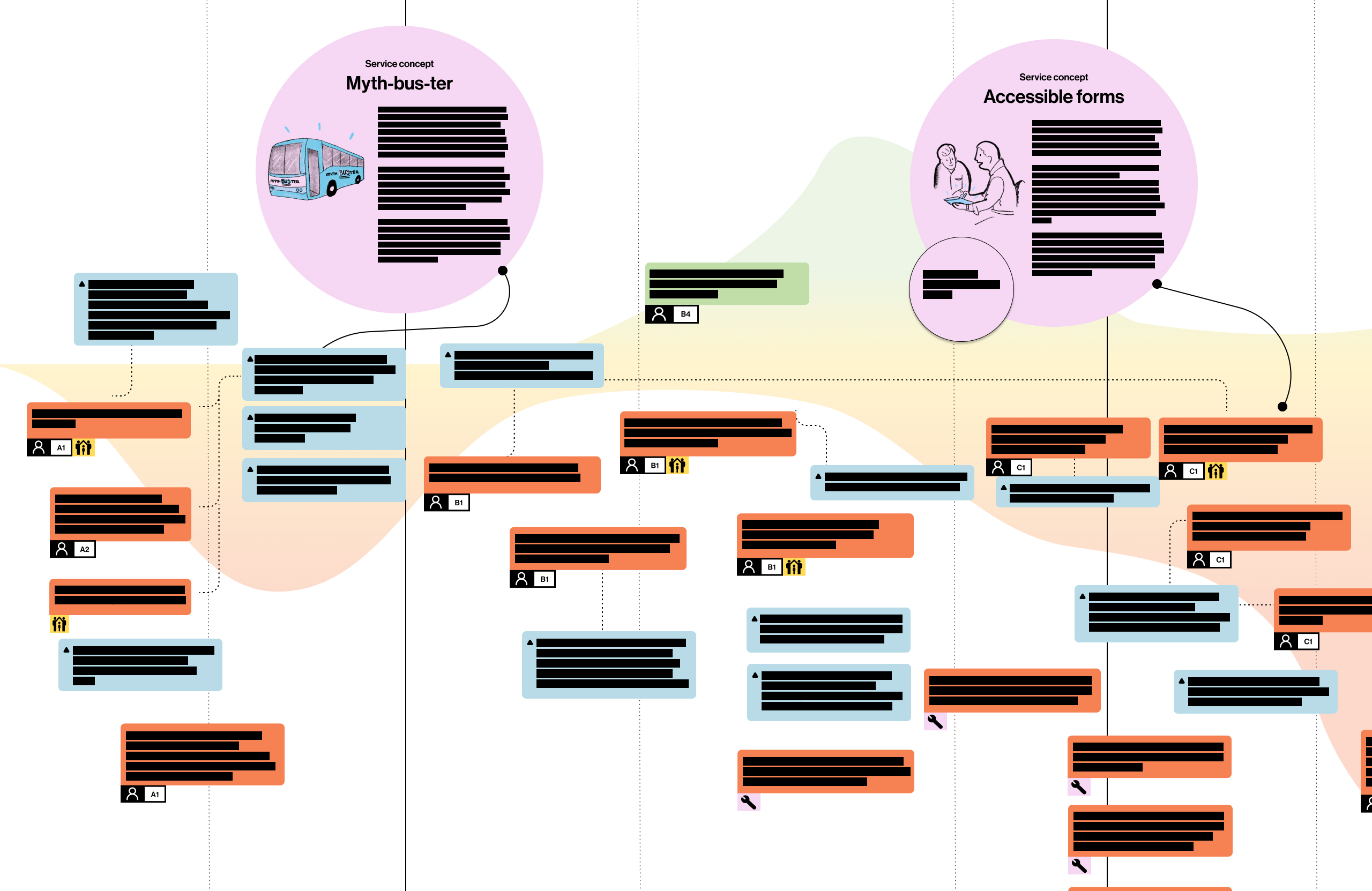
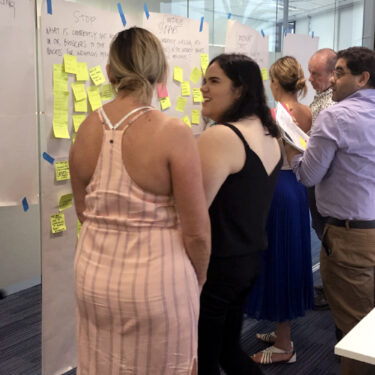
Awards
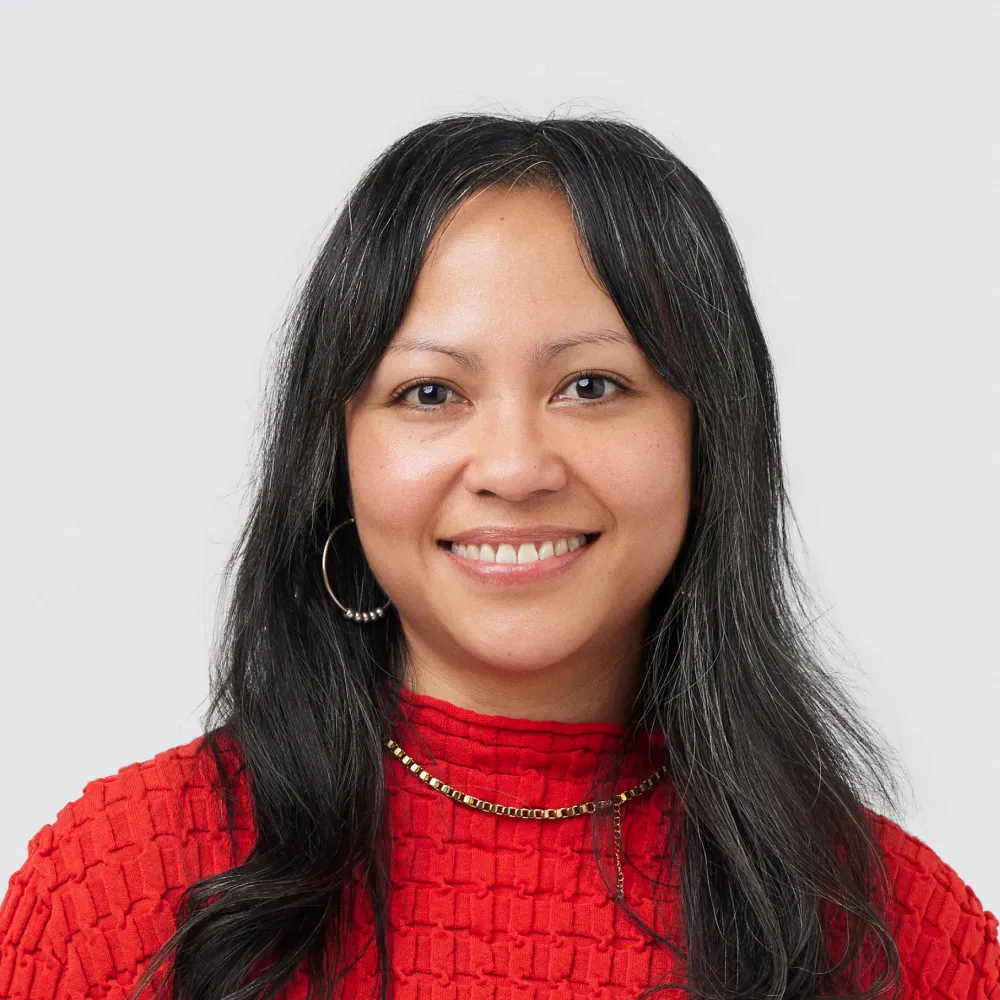
Get in touch
Want to know more about co-design? Chat with Dewani today.
Dewani Shebubakar
Head of Practice
Next Case Study
Mental Health and Wellbeing Division:
Modelling a best practice approach to co-design for mental health system reform
